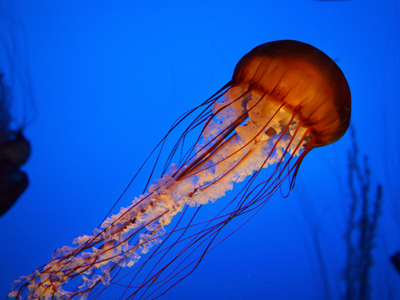
Unit 2 - Speciation
Speciation is the formation of a new species from an original species. The original species are sometimes called the founder species. This GCSE Biology quiz looks at the causes of and the evidence for speciation.
A species is generally defined as a population of living organisms that are able to breed naturally and produce fertile offspring (although it cannot apply to organisms that reproduce asexually such as bacteria). Members of a species breed at a rate that produces more offspring than can be supported by a habitat. Some of the offspring do not reach maturity because of starvation, predation or disease. Those who inherit features that enable them to survive to breeding age are said to be better adapted and they are more likely to pass on the genes that have made them successful. This is the basis of natural selection and evolution.
Ready for more?
not all...
quizzers. Try to win a coveted spot on our Hall of Fame Page.







